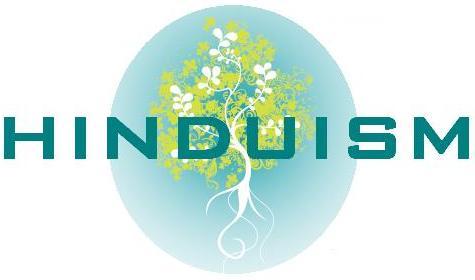 SAN DIEGO, CALIFORNIA, April 1, 2015 (Huffington Post by Sutheshna Mani): As a young brown girl growing up in suburban San Diego, I was an anomaly at times, being one of few Hindus in a town that was proudly Judeo-Christian. I wanted to be an “all-theist,” dabbling into every religion. I saw myself as the girl version of young Pi Patel, trekking into various religious holdings, finding God in a church, mosque, synagogue and a Buddhist temple. To me, all faiths shared similarities, and my childhood naivete could not comprehend tension and factionalism within and between these religions. I was also incapable of understanding why my teacher went so in-depth with the Abrahamic faiths, but skipped over the eastern religions, including mine.
SAN DIEGO, CALIFORNIA, April 1, 2015 (Huffington Post by Sutheshna Mani): As a young brown girl growing up in suburban San Diego, I was an anomaly at times, being one of few Hindus in a town that was proudly Judeo-Christian. I wanted to be an “all-theist,” dabbling into every religion. I saw myself as the girl version of young Pi Patel, trekking into various religious holdings, finding God in a church, mosque, synagogue and a Buddhist temple. To me, all faiths shared similarities, and my childhood naivete could not comprehend tension and factionalism within and between these religions. I was also incapable of understanding why my teacher went so in-depth with the Abrahamic faiths, but skipped over the eastern religions, including mine.
I was too young to register subtle bigotry exuded by some fellow students. A common form of racial micro-aggression is the “rhetorical question,” whereby a peer will ask a question that’s meant as a cultural jab, rather than a genuine question. I received many of these growing up: “Don’t you pray to cows?” “Why do you guys believe in all these Gods, I mean isn’t there just one?”
As I delved deeper into my roots, I realized Hinduism is more of a philosophy than it is a religion. As hackneyed of a notion as this is, there is no absolute fundamental belief in God in Hinduism. In fact, one could be an agnostic and be a Hindu. One can work within the infrastructures of one’s faith and choose core values to identify with. Within such a structure, I admired strong female figures like Kali, goddess of strength and empowerment, and Sarasvati, goddess of wisdom and learning.





